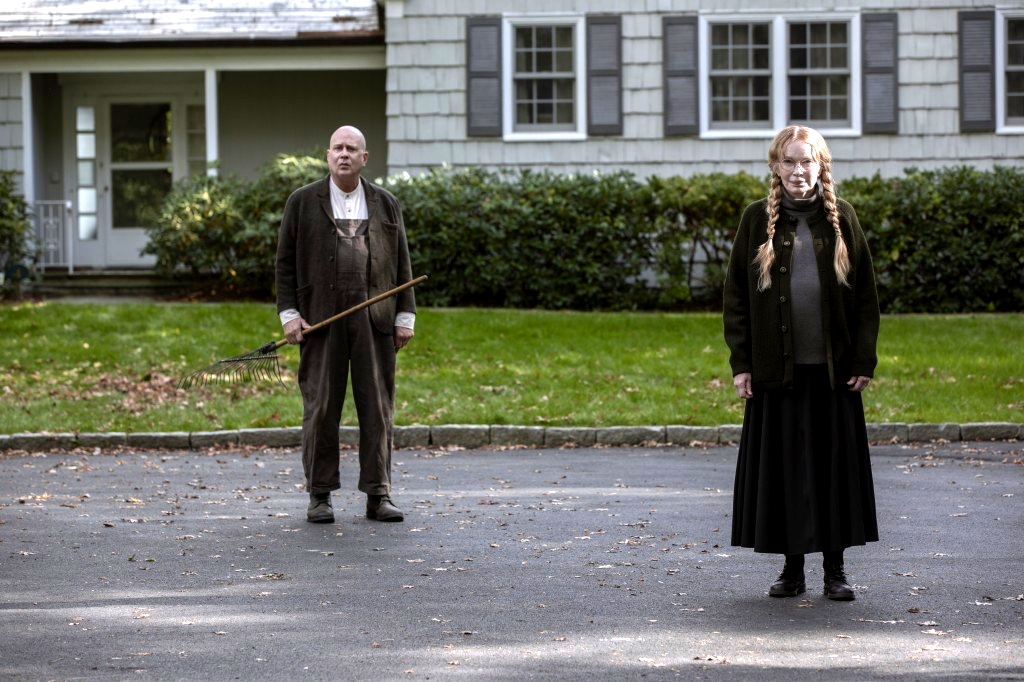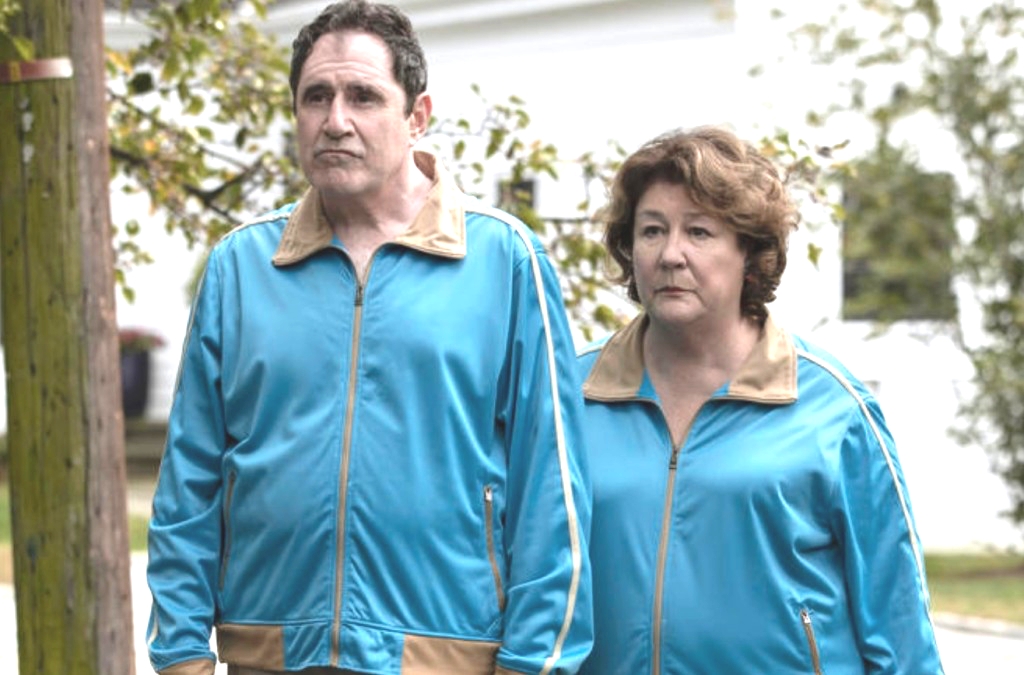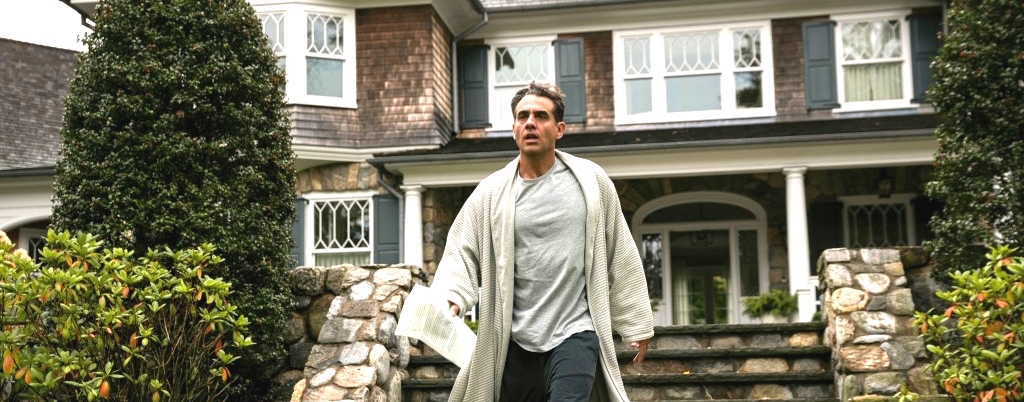The Watcher is not an objectively good true-crime dramatization. Let’s get that out of the way upfront. There’s no way that I can pretend that the Netflix series is something on par with HBO’s The Staircase, even though that dramatization effort made some risky moves, particularly in reimagining Kathleen Peterson’s gruesome manner of death. The Staircase pulled such moments off without offending people (other than Michael Peterson), but that was part of the mastery of the show, which carried a deconstructive air. With The Watcher, however, no such sleight of hand exists. This show is presumptuous and ridiculous and full of red herrings that eventually — and anyone who’s read The Cut’s investigative report on this case can guess — go nowhere.
This infuriated viewers, but surely, you’re aware of Ryan Murphy’s recent work. Especially in the case of Dahmer, he’s well-versed in the art of upsetting people, and at least this show doesn’t inappropriately tag itself and knows what it is: The Watcher dramatizes a very bad situation, in which someone (or someones) terrorized the Broadduss family with threatening letters after they moved into a home that they hoped would be a refuge from city life. Eventually, they had enough and sold the home, and no one ever figured out who sent those letters (which stopped after they moved). The Netflix series (which renames the family as the Brannocks) takes a lot of liberties in doling out imagined possibilities while not-assigning responsibility.
And it’s easy to see why people grew upset, given that (unless a show is titled Unsolved Mysteries) after so many wild scenarios posed by the narrative, viewers wanted a resolution. That’s a normal desire and a comforting one. We want to know who (invisibly) does awful things because it makes us, as an audience, feel a little bit safer before drawing the blinds at night. This show offers no such hand-holding, but it’s also somehow an engrossing story. You know, despite the dead ferret business.
Actually, I can’t find any definitive report on The Watcher not killing a ferret, which makes me a little punchy. Yet here’s why The Watcher is still worth watching, and I’ll try not to spoil too many twists:
1. Although I feared being triggered, it didn’t happen: I cannot stress how loose this adaptation seems in relating actual incidents that took place. The Cut article does receive a late-game shoutout and becomes part of the show, and yes, letters did surface with unsettling statements like this: “It is now my time. Do you know the history of the house? Do you know what lies within the walls of 657 Boulevard? Why are you here? I will find out.” From there, a lot of The Watcher appears to be fictionalized, and it’s unsettling stuff but not involving specific triggers (unlike Luckiest Girl Alive) other than general unease. Nor is this show particularly spooky, since it enters camp territory.
In short, Dean Brannock (Bobby Cannavale) and his wife, Nora (Naomi Watts), are initially rattled by The Watcher’s enthusiasm for “young blood” now residing in the house. From there, they kind-of (and it’s mostly Dean) lash out at other people, instantly becoming disliked by neighbors. They dive into an endless sea of speculation over the person who claims to have been overseeing this house, from afar, for decades. Countless dead leads and (probably) false accusations against neighbors abound, and the thought of this all being a hoax eventually surfaces. Not even Dean is immune from becoming a suspect! I hate to say that people should lighten up and let it flow — because harassment and intimidation is real-life hell — but this series takes such a balls-out approach to the whodunnit that it’s hard to resist the spectacle of it all.

2. The supporting actors are delightful menaces: The neighbors are one giant cluster and include a pair of tracksuit-lovers played by Richard Kind and Margo Martindale, and they’re not friendly. So much for peaceful suburbia! And Mia Farrow plays a pastry-happy lady (she could have stepped out the haunting subtext of the American Gothic painting), who’s married to a dude who loves to (for some reason) hide in the dumbwaiter of the Brannocks’ new house. There’s talk of a historical preservation society and secret tunnels, and it’s nuts. Mia clearly relishes the role, and this project’s a piece of apple pie (shout out to Justified fans) for Margo. These characters don’t appear to be facsimiles of real-life people, but they keep everyone on their toes.

This brings me to the biggest attraction of The Watcher…

3. Jennifer Freaking Coolidge: She’s not only having a moment but has been having one all this time, and her realtor character is a piece of work. She’s the embodiment of the commercialization of tragedy, and the show dangles it in our faces. She doesn’t portray the real-life realtor who publicly talked about having a hellish time selling the joint after The Cut article surfaced. Rather, Coolidge’s realtor finds herself embroiled in the initial and ongoing mystery. She is pure melodramatic excess, which I’m convinced couldn’t be carried out by any other actor today in the same way as Coolidge does.
4. The law enforcement aspect is actually fascinating: This ain’t Law & Order: SVU. There’s no Detective Olivia Benson (or Sergeant Fin Tutuola) to swoop in and immediately solve nefarious deeds in less than an hour. Instead, we see something that resembles the hurdles that real-life harassment and stalking subjects must deal with in order to be taken seriously. If there’s no body (or grievous injury), it’s hard for victims to find any sort of relief. I’m not saying that there’s any profound commentary here, but let’s just say that the system is overworked, and human error (and weariness) litters the criminal justice system like it does with any institution. Also, the laid-back stance of the police chief gives the show the opportunity to bring in Noma Dumezweni as a P.I. hired by Dean. Following a performance full of both empathy and frankness, Noma eventually delivers one of the show’s oddest twists, one that grinded some viewers’ gears.
5. The unexpectedly unified theme that arises: What I took away from The Watcher is that, basically, people grow so fascinated by true-crime stories these days that they feel the need to pull themselves into and explain these situations (even sometimes nabbing the blame for themselves) however possible. The show points the finger at so many characters, and one of them even mockingly declares, “I’m The Watcher!” This person was not The Watcher, but this silliness is a way for the show to make some sense of the subject. Since there are no real answers to this mystery, the show at least attempts to illustrate the lengths that humanity can go to in order to explain the unexplainable. It’s more preposterous than what appears to have happened in real life, but then again (in the original article from The Cut), Derek Broaddus actually wondered if The Watcher was inspired by the Keanu Reeves same-named movie, in which Keanu portrays a detective stalked by a serial killer played by James Spader. (Whoa.) People want answers at any cost, and this show digs into that urge.
Again, I will stop short of saying that this show is enjoyable because stalking (of a house, of people, of everything) shouldn’t be a laughing matter. And god only knows that there are more than enough Ryan Murphy projects on Netflix. I’m not sure how he does it all, but The Watcher is an easy enough ride to climb onto and spend several hours on. The ending isn’t satisfying, but it is fitting, all things considered with the real-life situation, and although I’d also love to know who The Watcher is, human imagination can probably take us to a scarier place than this project could ever (realistically) deliver.
The Watcher is streaming on Netflix.







